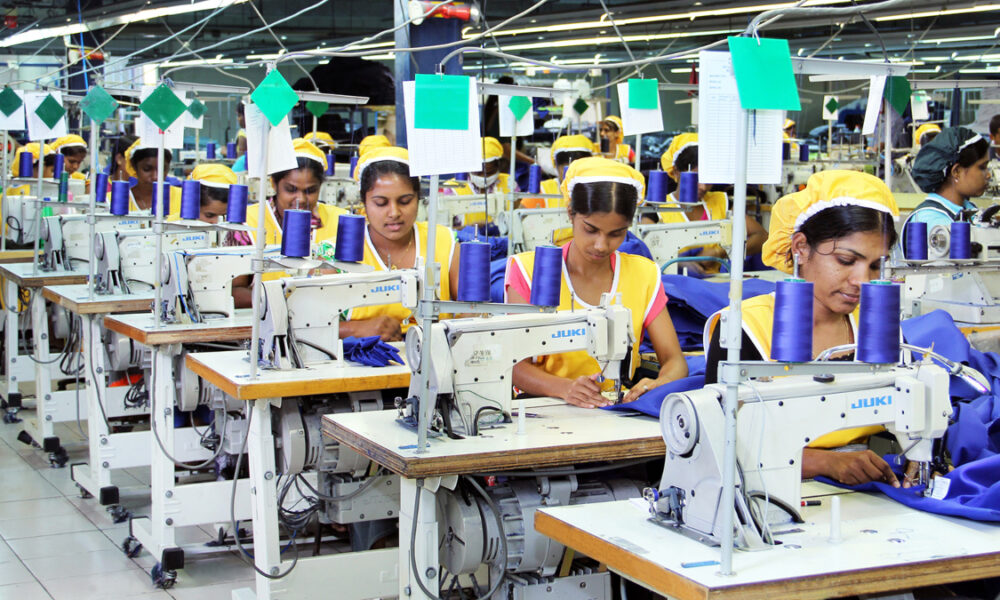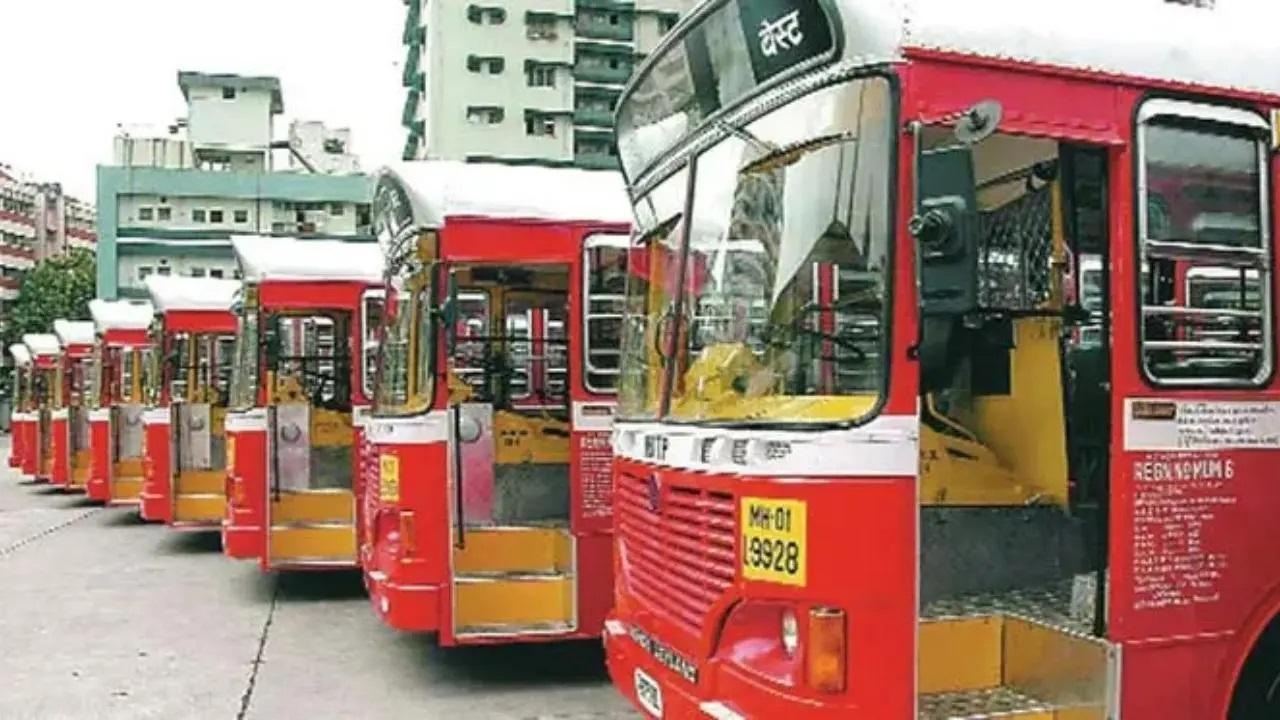
February 25, Colombo (LNW): The Joint Apparel Association Forum (JAAF) has welcomed Sri Lanka’s latest budget but has raised significant concerns about the potential impact of the premature removal of the Simplified Value-Added Tax (SVAT) system. The Forum has cautioned that such a move, without a clear and thoroughly tested alternative, could have adverse effects on the apparel sector, a key contributor to the nation’s export economy.JAAF emphasised the importance of ensuring a seamless transition from the SVAT system, which has been a vital part of the industry’s operations.
The Forum argued that any disruption in the VAT process could undermine the competitiveness of Sri Lanka’s apparel sector and erode investor confidence, which has already been strained in recent times. To safeguard the liquidity of exporters, the organisation stressed the need for timely VAT refunds and a robust system to prevent any delays.Furthermore, JAAF reiterated its long-standing call for a digitally-driven VAT refund mechanism, one that would significantly reduce human intervention, improve efficiency, and ensure transparency.

A poorly managed shift away from SVAT could result in cash flow constraints for exporters, disrupting their operations and potentially damaging Sri Lanka’s reputation as a reliable sourcing hub. With global brands placing an increasing emphasis on supply chain stability, such disruptions could have far-reaching consequences.The apparel sector remains a cornerstone of Sri Lanka’s export economy, contributing more than 40 per cent to the country’s total merchandise exports.
As such, JAAF has urged the government to collaborate closely with industry stakeholders to ensure that the VAT transition is handled smoothly, with a focus on incorporating efficient, digital refund systems to prevent operational disruptions.In addition to VAT concerns, the Forum called for the proposed wage increases for the private sector to be accompanied by the removal of the two Budgetary Relief Allowance Acts. This would allow the National Minimum Wage to be consolidated into a single figure, encompassing all allowances, thereby providing greater clarity and consistency for businesses and workers alike.
JAAF further stressed the importance of clear tax administration, the timely execution of trade facilitation measures, and a continued focus on enhancing export competitiveness. The post Apparel Sector voices concerns over VAT transition in Budget appeared first on LNW Lanka News Web..















